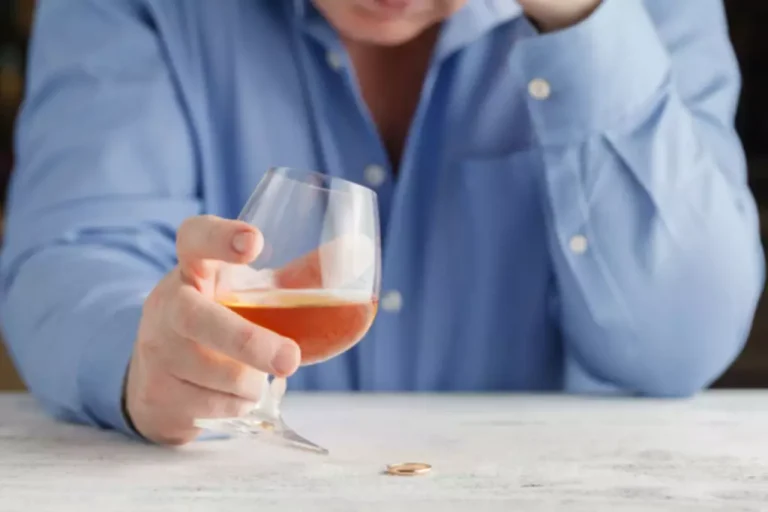
Consuming alcohol will thin your blood, making you more susceptible to heavy bleeding or bruising if you experience an injury. Short-term, you can expect an increase in blood https://ecosoberhouse.com/ pressure and higher cortisol levels. The effects of alcohol consumption on blood pressure and heart rate can last up to 13 hours after drinking, and its effects on heart rate can last up to 24 hours after drinking.
Health Conditions

However, the risk of VTEs in women with AI remained higher than non-AI cohort. To reduced potential bias, we matched controls with propensity score, as showed in Table 4. People taking blood thinners with reduced liver function may accumulate more medication in their bloodstream. Increasing the level of blood thinners in the body can lead to an increased risk of bleeding.
Having factors that increase the risk of blood clots
If you need help reading or understanding this information, ask your doctor or pharmacist. Although vitamin C may interact with Annovera, the amount in foods and drinks is usually much less than what’s in a vitamin C supplement. St. John’s wort can drinking cause blood clots may speed up the activity of an enzyme (protein) in your body that helps break down the hormones in Annovera.
Alcohol’s Effects on the Bone Marrow and on RBC Production
Hormonal birth control alone increases clotting factors in the blood by 170% while decreasing anticoagulant factors by 20%. Drinking alcohol in moderation may have a protective effect on your blood vessels. Some research finds that alcohol increases levels of high-density lipoproteins (HDL, aka “good cholesterol”). This healthy type of cholesterol helps protect your arteries and prevent the blood clots that can lead to heart attacks and strokes. The risk of deep vein thrombosis (DVT) is also heightened by excessive drinking. DVT is a type of blood clot that forms in a major vein, often in the leg, arm, or pelvis, and can lead to dangerous complications such as a heart attack or pulmonary embolism.

Firstly, alcohol is high in calories, with some mixed drinks containing as many calories as a meal. heroin addiction For example, a pina colada can contain around 500 calories in a 7-ounce (205 mL) glass. Secondly, alcohol can increase your appetite and make you feel hungrier, leading to poor food choices and cravings for salty and greasy foods.
- Even minor injuries, such as scratches, can damage blood vessels and cause bleeding.
- Although not statistically significant, a higher incidence was observed among those older than 50 years.
- The body needs blood to clot to prevent too much blood loss, but clotting that’s extreme can lead to blockages in arteries and blood vessels that cut off blood flow, leading to dangerous health issues.
Annovera and alcohol

From heart attack to stroke, a blood clot that got stuck in a narrow passageway when moving through your bloodstream can trigger life-threatening medical emergencies. Cummulative incidence of deep vein thrombosis (A) and pulmonary embolism (B) in patients with alcohol intoxication and comparison patients. First, only prospective cohort studies were included in this meta-analysis, which avoided the selection and recall bias in case–control studies. Second, the total sample size was large, and no obvious heterogeneity was observed across studies, which enhanced the robustness of the findings. Third, various analyses were performed in this study, including sensitivity analysis, dose–response analysis, subgroup analyses, and publication bias analysis.
Blood clots don’t always cause symptoms, but when they do, they’re likely to affect your legs. This is where clots tend to originate because gravity can cause blood to pool there, Sean Fischer, M.D., medical oncologist and hematologist at Providence Saint John’s Health Center in Santa Monica, California, tells SELF. You might experience swelling, cramping or soreness, red or discolored skin, or a feeling of warmth, according to the Centers for Disease Control and Prevention. If a blood clot travels to your lungs, it can cause shortness of breath, chest pain, dizziness or fainting, a rapid pulse, or even coughing up blood. This article discusses the effects that alcohol has on the blood in both the short and long term. The relationship between alcohol and deep vein thrombosis may depend on what, and how much, you pour in your glass.
